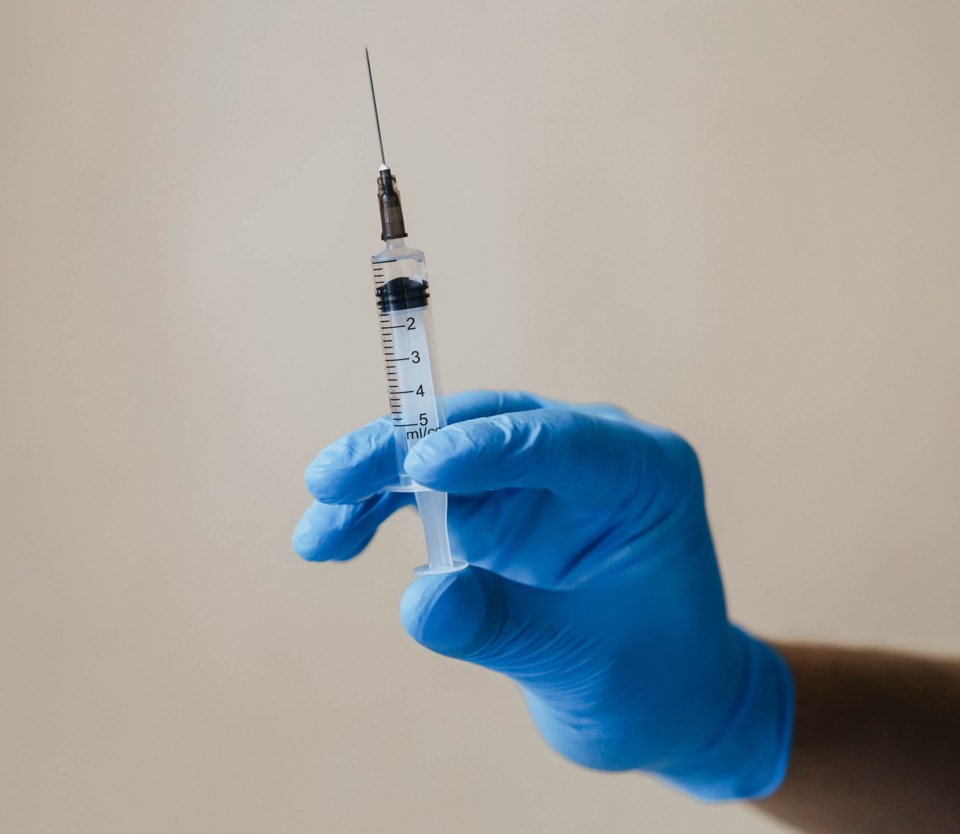BarrieToday welcomes letters to the editor at [email protected]. Please include your daytime phone number and address (for verification of authorship, not publication). The following letter from Barrie resident Peter Burzstyn is in response to a story titled 'Vaccine passport talks ongoing, says Hajdu' published on March 17.
*************************
It’s simple, really. It’s about a balance between individual rights and the rights of society. Which do you favour?
I am thinking about “vaccine passports” — evidence that someone has been vaccinated against COVID-19 which can be shown to a theatre or restaurant you are about to enter, a fitness establishment, an aircraft, or a foreign country.
Preposterous you might think. But no, it’s not. When I left Canada in 1968, under the auspices of CUSO to take up a university teaching job in Nairobi, Kenya, I was required to show the Kenyan authorities that I had been vaccinated, and not just against one disease. My vaccination card featured many. I recall some: smallpox (now extinct worldwide), polio (nearly extinct), yellow fever, typhoid, typhus, and tuberculosis.
This reassured Kenyans that I would not bring the disease into their country, but also that I was less likely to become a burden on their (then primitive) health-care system.
Oddly enough, I was entering Kenya to help with the latter. I was to spend four years teaching at the University of East Africa’s new medical school in Nairobi. Hundreds of medical students passed through my classes. I hope that I passed on my expertise and enthusiasm to them.
But back to the “vaccination passport." Concerns have been raised that Canadians are within their rights not to have vaccination forced upon them. I reluctantly agree. Nobody should be forced to accept a vaccination.
However, there is another side to that coin. When I am vaccinated against COVID-19, I am helping to reassure others that I am unlikely to transmit the disease to them, should we find ourselves close together in a movie theatre, an elevator, a bus or a restaurant.
I am willing to accept a sore arm and a mild fever for a day or two (possible side-effects) because I believe that bolstering the collective good is an important part of citizenship.
In so doing, I am protecting people who cannot be vaccinated. They want protection against COVID-19, but cannot be vaccinated because they might be immuno-compromised by medication to protect a transplanted organ, they may be allergic to a vaccine component, or they may be on renal dialysis. (Such people, and there are not many, must also have a “passport” to explain why they cannot be vaccinated. Not to give them one would be unfair.)
The fact that myself and others are vaccinated reduces their chances of becoming infected. That is called “herd immunity." For every infectious disease there is a level of vaccination which makes it hard, perhaps impossible, for that bacterium or virus to spread through a population.
The vaccination level required for “herd immunity” to COVID-19 is not yet known, but it is likely to be around 80 per cent.
So, I await my turn for vaccination eagerly. I want to be vaccinated partly because I want protection, but also because I want to do my part to protect my society. I may be asked to prove that I am vaccinated if I wish to eat in a restaurant or go to a theatre – the owner of such an establishment could well be allowed to insist on this. Moreover, I will be reassured by this because I can then be more confident I will be safe on their premises.
I am sure that airlines will want proof of vaccination before I spend six to seven hours in their aircraft. And my destination country may also insist I am vaccinated before allowing me entry. Again, such a requirement reassures me.
I respect your right not to be vaccinated for whatever reason, but you too need to protect the society in which you live. You should stay home as much as possible, go to grocery stores only when necessary, wearing a mask when you do go, or order online and pay extra for home delivery.
You definitely have the right to refuse a vaccination, but you do not have the right to expose me, my family or my neighbours to possible infection.
Peter Bursztyn
Barrie



